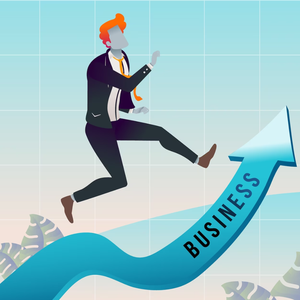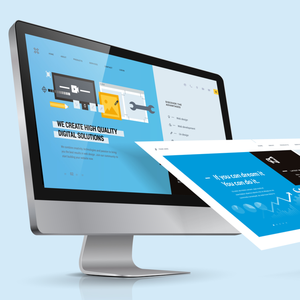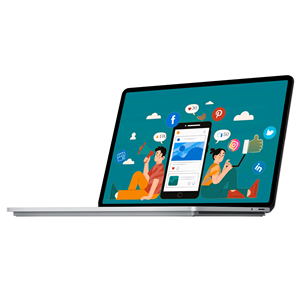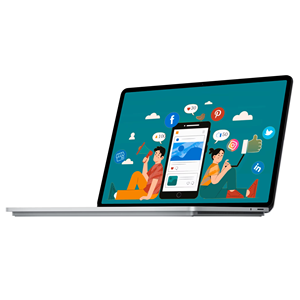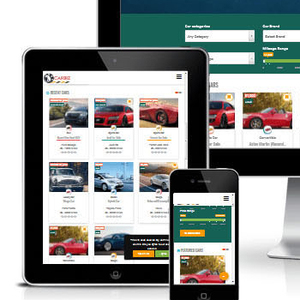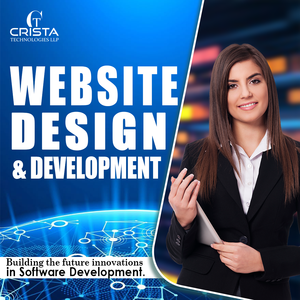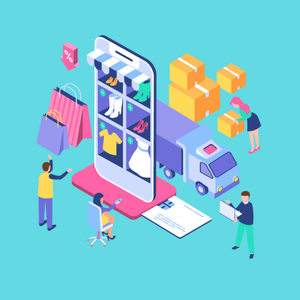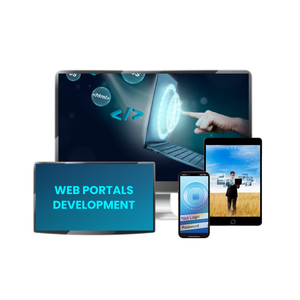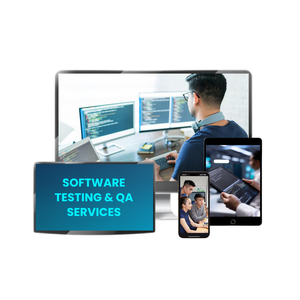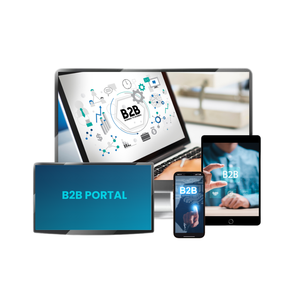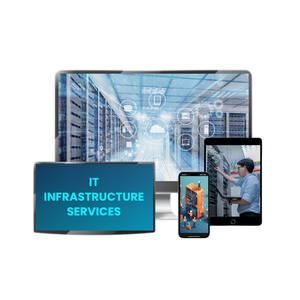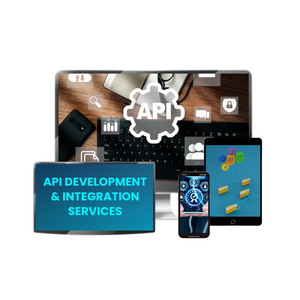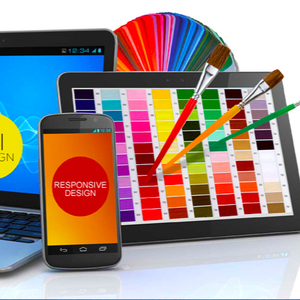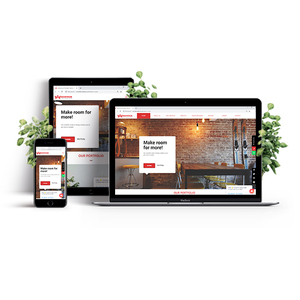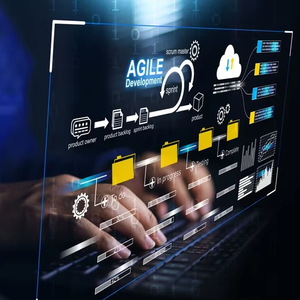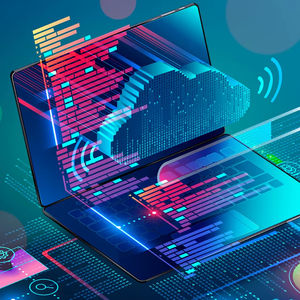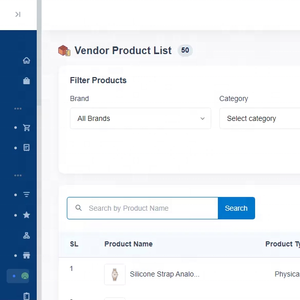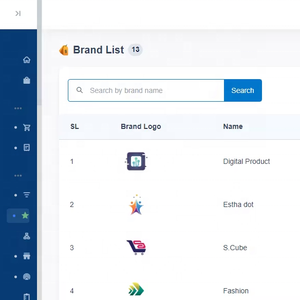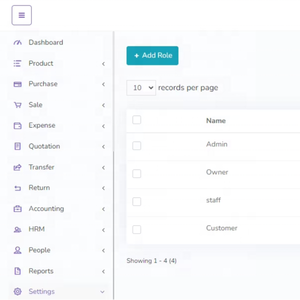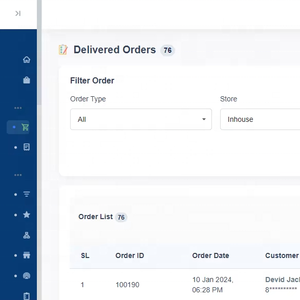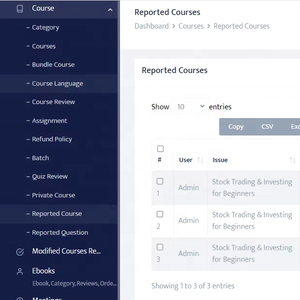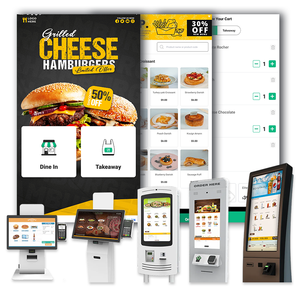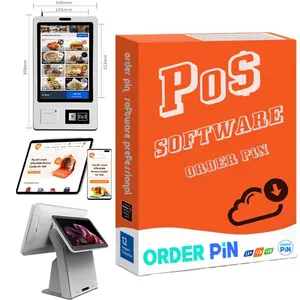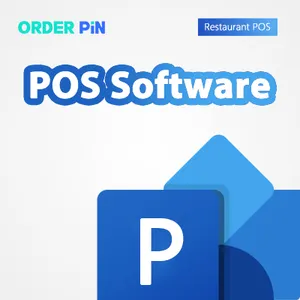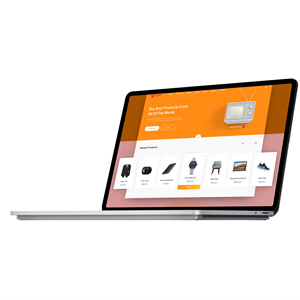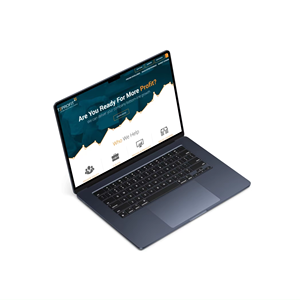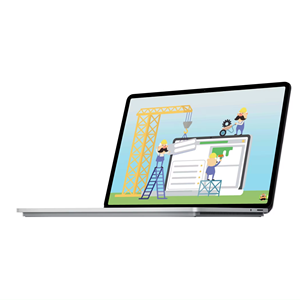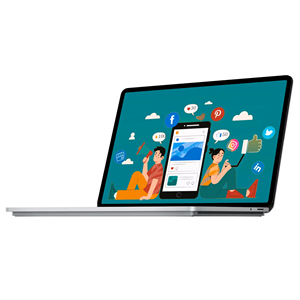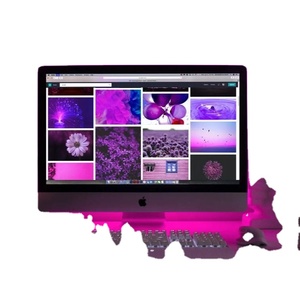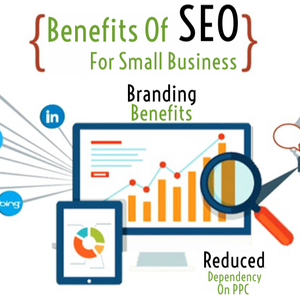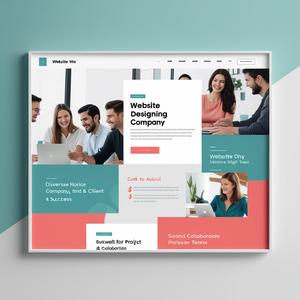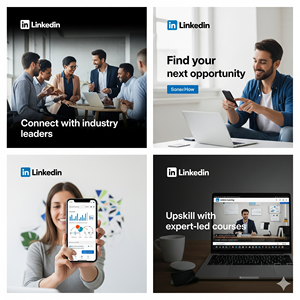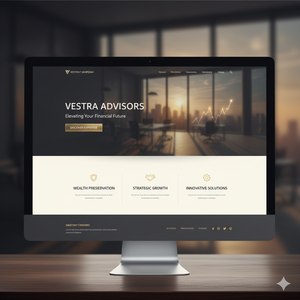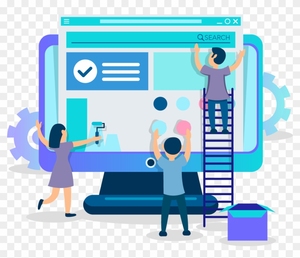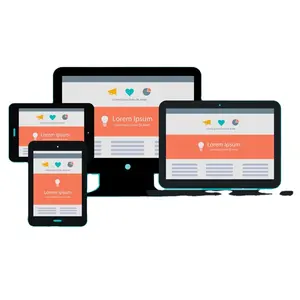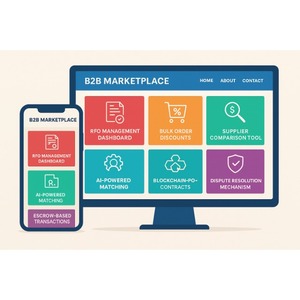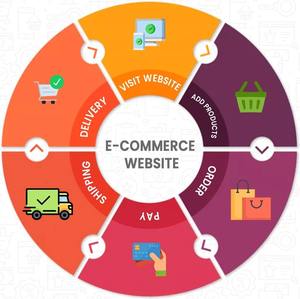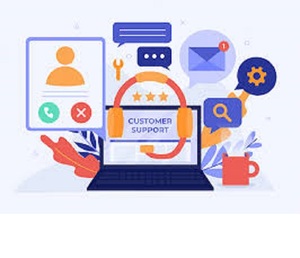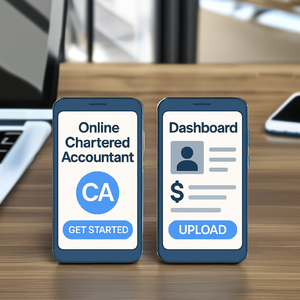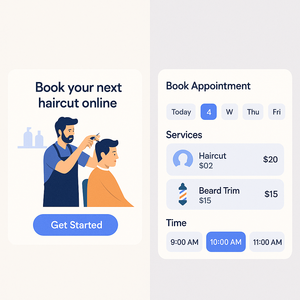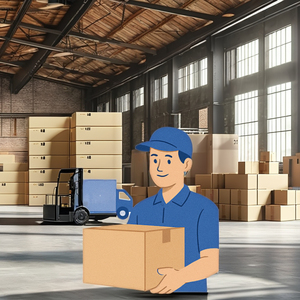B2b Customer Portal Examples



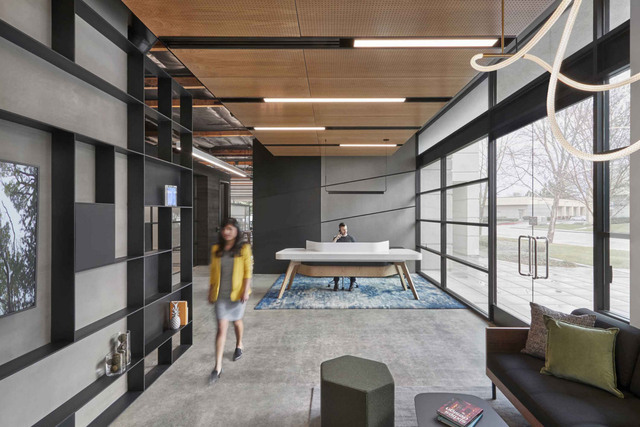



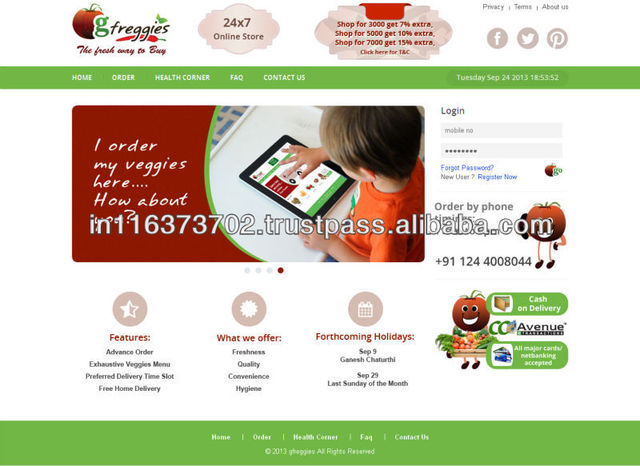

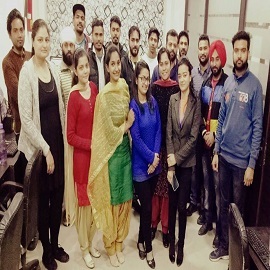





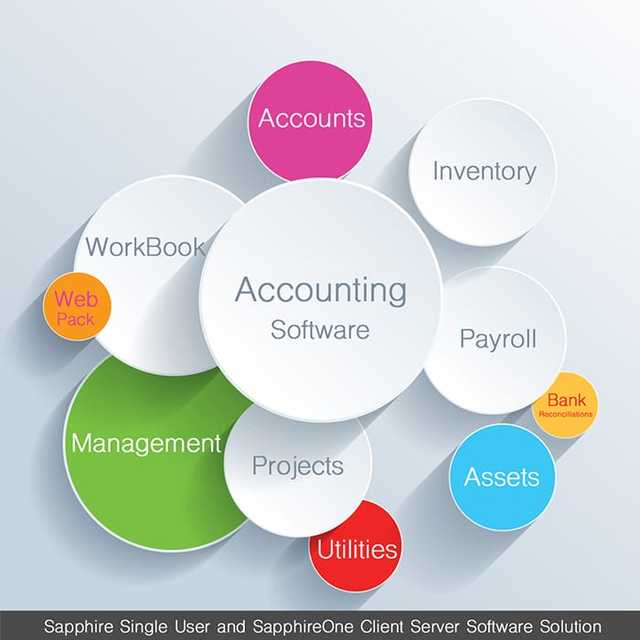

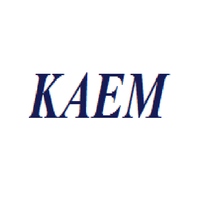

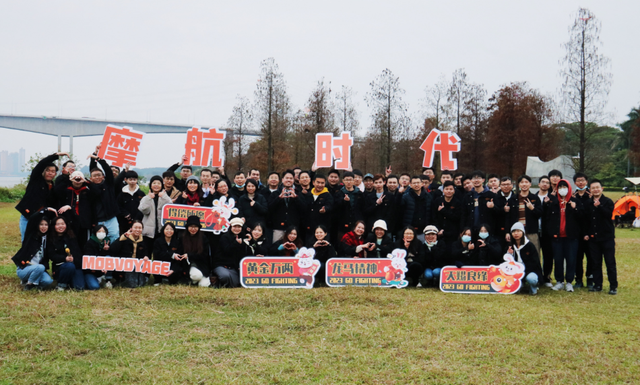

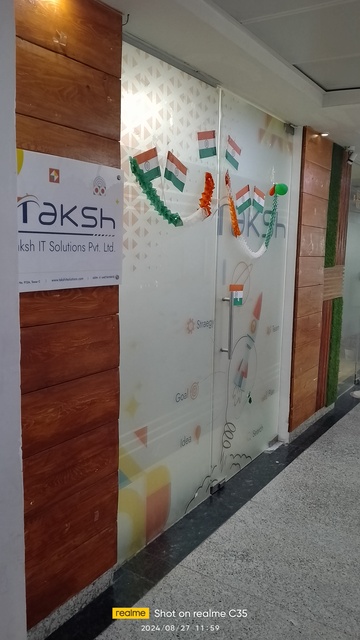








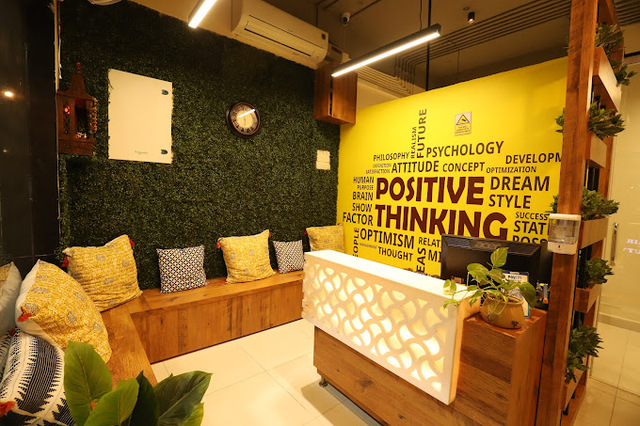

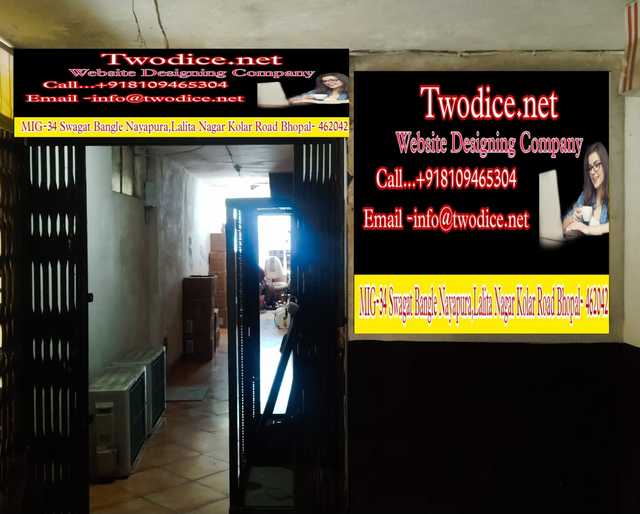

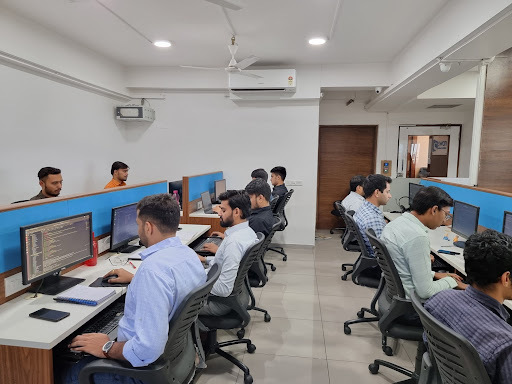

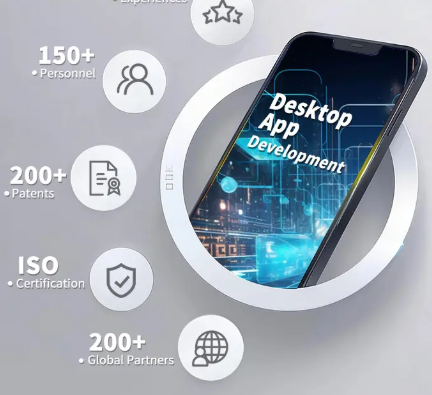






About b2b customer portal examples
Where to Find B2B Customer Portal Development Suppliers?
The global supplier base for B2B customer portal development is concentrated among specialized software firms in Asia, particularly India and China, where mature IT ecosystems support scalable digital solutions. Indian suppliers dominate the mid-tier market, offering cost-efficient custom development with strong English-language proficiency and integration expertise in platforms like Magento, PHP, and cloud-native frameworks. Chinese providers emphasize rapid deployment of modular portal templates, often bundled with mini-site or e-commerce functionality, leveraging high-volume software production models.
These regions benefit from dense networks of technical talent and established outsourcing infrastructure, enabling agile project execution. Buyers gain access to developers proficient in API integration, role-based access control, order tracking systems, and analytics dashboards. Key advantages include reduced development costs (up to 60% lower than Western agencies), short implementation cycles (typically 4–8 weeks for standard portals), and flexible engagement models ranging from off-the-shelf templates to fully customized SaaS architectures.
How to Choose B2B Customer Portal Development Suppliers?
Prioritize these verification protocols when selecting partners:
Technical Capability Assessment
Evaluate core competencies in full-stack development, including front-end frameworks (React, Angular), back-end languages (PHP, Node.js), and database management (MySQL, MongoDB). Confirm experience integrating CRM, ERP, and payment gateways. Suppliers should provide demonstrable case studies or live examples of deployed B2B portals with user authentication, invoicing modules, and self-service features.
Development Process Transparency
Assess operational infrastructure through available metrics:
- Response time under 6 hours (preferably ≤1 hour) indicates active project management
- Portfolio size exceeding 500 software listings suggests sustained output capacity
- Clear pricing structures with defined scope per tier ($350–$2,000 range typical for full portal builds)
Cross-reference delivery consistency with reorder rates and client retention indicators where available.
Transaction and Quality Assurance
Require milestone-based payments tied to deliverables. Validate code quality through post-delivery testing and request documentation for scalability, security protocols (e.g., HTTPS, data encryption), and browser/device compatibility. Use platform-verified transaction histories to assess reliability, prioritizing suppliers with documented support workflows and revision policies.
What Are the Best B2B Customer Portal Development Suppliers?
| Company Name | Core Expertise | Product Range | Min. Order | Price Range | On-Time Delivery | Avg. Response | Software Listings | Reorder Rate |
|---|---|---|---|---|---|---|---|---|
| INTELLISENSE TECHNOLOGY | Secure portals, analytics, maintenance workflows | 5 | 2 pieces | $7–10 | - | ≤4h | 7,961 | - |
| HINDUSTANSOFT CORPORATION | B2B e-commerce platforms, support software | 5 | 1 unit | $350–400 | - | ≤1h | 891 | - |
| CORTEX WORK | Multi-vendor marketplaces, PHP-based portals | 5 | 2 pieces | $500–2,000 | - | ≤6h | 716 | - |
| CRISTA TECHNOLOGIES LLP | Magento integration, responsive design | 5 | 1 unit | $50–300 | 75% | ≤1h | 960 | - |
| PROTOLABZ ESERVICES | Custom B2B portals, job boards, app services | 5 | 1–2 pieces | $2 | - | ≤4h | 1,793 | - |
Performance Analysis
High-volume suppliers like INTELLISENSE TECHNOLOGY and PROTOLABZ ESERVICES offer template-driven solutions at minimal cost, suitable for basic portal deployment. In contrast, HINDUSTANSOFT CORPORATION and CORTEX WORK focus on comprehensive builds priced between $500–$2,000, indicating deeper customization capabilities. CRISTA TECHNOLOGIES LLP stands out with a verified 75% on-time delivery rate and sub-1-hour response time, combining reliability with mid-range pricing. Suppliers with response times ≤1h demonstrate superior client engagement, critical for iterative development cycles. For enterprise-grade portals requiring integration and long-term maintenance, prioritize vendors offering structured pricing, proven UI/UX design, and transparent communication channels.
FAQs
How to verify B2B customer portal supplier reliability?
Review portfolio diversity and technical specificity in product descriptions. Confirm responsiveness through direct inquiries and assess code quality by requesting demo environments or GitHub repositories. Analyze customer feedback focused on post-launch support and bug resolution efficiency.
What is the average development timeline for a B2B portal?
Standard implementations take 4–6 weeks. Template-based solutions may deploy within 10–14 days. Fully customized portals with ERP integration require 8–12 weeks depending on complexity.
Can suppliers integrate portals with existing business systems?
Yes, reputable developers support API-based integration with major ERPs (e.g., SAP, Oracle), CRMs (Salesforce, HubSpot), and accounting software. Confirm middleware compatibility and data synchronization protocols before engagement.
Do B2B portal suppliers offer post-launch maintenance?
Most suppliers include limited post-delivery support. Extended maintenance contracts typically cover updates, security patches, and minor feature adjustments. Clarify SLAs for uptime, troubleshooting, and version upgrades prior to contract signing.
How to initiate customization requests?
Submit detailed requirements including user roles, desired modules (order history, invoice download, ticketing), preferred tech stack, and branding guidelines. Leading suppliers respond with wireframes, timelines, and phased delivery plans within 72 hours.







